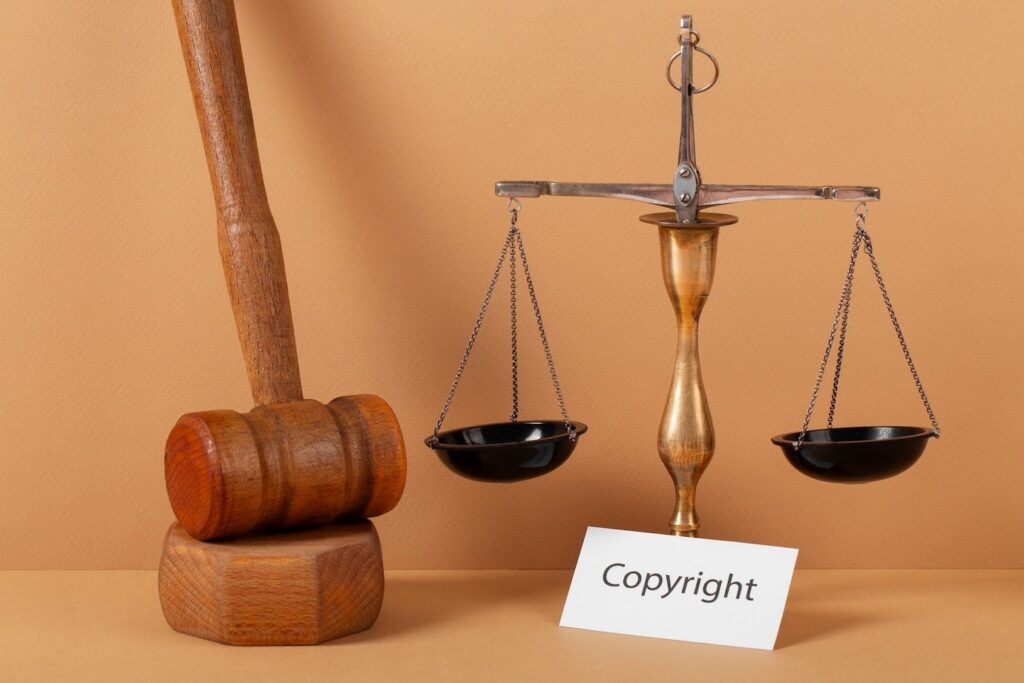The popularity of IPTV (Internet Protocol Television) has surged in recent years, offering users access to a vast range of TV channels and movies through the internet. However, with its growing reach, many users wonder about its legal standing, especially in specific regions like Sweden.
Is IPTV allowed in Sweden? The answer to this question requires examining different factors, including broadcasting rights, regional regulations, and specific IPTV service providers.
Before diving deeper into the topic, it’s essential to focus on key aspects. This will provide a clearer picture of what you can expect in terms of IPTV services in Sweden and the legal landscape surrounding it.
Key Points:
- IPTV stands for Internet Protocol Television.
- IPTV in Sweden operates in a legal gray area depending on the provider.
- Broadcasting rights dictate the legality of IPTV content.
- Use of legitimate services matters for legality.
IPTV and How It Works

IPTV provides television content over the internet instead of traditional broadcasting methods like satellite or cable. Many users prefer IPTV due to its convenience, wider selection of channels, and access to content from around the globe.
However, when discussing whether IPTV is allowed in Sweden, it is crucial to examine how different services acquire broadcasting rights for the content they distribute.
Licensed services that follow proper agreements are usually allowed. Unlicensed services, on the other hand, often operate without proper rights and are considered illegal in many regions, including Sweden. This creates confusion about whether all IPTV services fall under the same regulations.
Regional Broadcasting Rights in Sweden
Sweden adheres to strict broadcasting regulations, much like other European countries. IPTV providers must comply with these regional laws to operate legally. Broadcasting rights are essential for any platform offering TV channels or movies. They determine who has permission to stream or broadcast specific content.
For example, an IPTV provider like Sverige IPTV offers a legal service by ensuring all content follows local guidelines. When you choose to use IPTV, it’s important to confirm whether the service has acquired the necessary rights to broadcast in Sweden.
Licensed vs. Unlicensed IPTV Providers

Many legitimate IPTV services, such as those provided by official broadcasters or streaming platforms, secure the proper licenses. This means that the content offered on their platform follows local and international broadcasting laws. Users in Sweden can access IPTV services legally as long as they use authorized platforms.
Unlicensed providers, however, distribute content without the necessary legal permissions. In many cases, this includes pirated TV shows, movies, and sports events. Although such platforms may offer cheaper subscription rates, using them can result in fines or penalties due to copyright infringement.
In Sweden, unlicensed streaming of copyrighted content is a clear violation of copyright laws.
Legal Concerns for IPTV Users
Users often wonder whether using IPTV itself is illegal or if the focus lies solely on the provider’s actions. In Sweden, accessing content from unlicensed IPTV providers can result in legal consequences. Watching copyrighted content without the proper permissions, even if unknowingly, could potentially lead to charges of copyright infringement.
Although authorities primarily target the providers of illegal services, users must also take caution when subscribing to IPTV platforms. It’s vital to ensure the platform operates under proper legal guidelines. In Sweden, regulations focus on preventing the distribution and consumption of illegal content.
How to Stay Within Legal Boundaries

To avoid legal issues when using IPTV in Sweden, it’s essential to follow a few guidelines.
- First, always use a service that has clear broadcasting rights. Providers that openly disclose licensing agreements are more likely to be operating within the legal framework.
- Next, avoid suspiciously cheap IPTV subscriptions that seem too good to be true. Often, platforms that undercut standard subscription prices may not have the proper rights to offer the content. Stick to reputable providers with a proven track record of legal operation.
Conclusion
IPTV, as a technology, offers significant benefits for users looking for flexible and diverse television options. In Sweden, the legality of IPTV depends largely on the provider and whether they hold the correct licenses for the content they offer. By sticking to licensed services, users can enjoy the convenience of these services without legal worries.
It’s essential to stay informed about the legal requirements in Sweden. With the right approach, users can fully enjoy their IPTV experience in Sweden while staying on the right side of the law.







